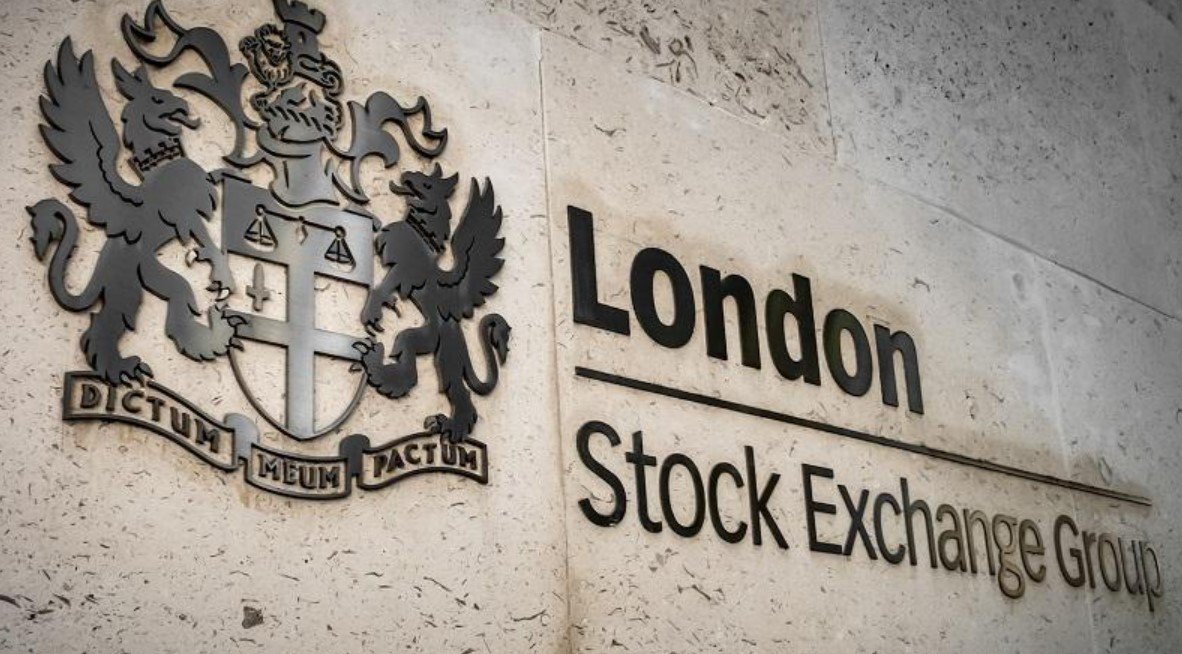The FTSE 100, London’s premier stock market index, has seen a notable rise as the UK heads to the polls. Investors are closely watching the election results, with the Labour Party currently favored to win. This political shift has injected a sense of optimism into the market, driving up stock prices and boosting investor confidence. The FTSE 100’s performance is a key indicator of economic sentiment, and its recent gains reflect a positive outlook among market participants.
Market Reaction to Election Day
As the UK election unfolds, the FTSE 100 has experienced a significant uptick. Investors are reacting positively to the potential for political change, with many anticipating that a Labour victory could lead to favorable economic policies. This optimism is evident in the rising stock prices of major companies listed on the index. The market’s response highlights the importance of political stability and policy direction in shaping investor sentiment.

The election has also brought increased trading volumes, as investors seek to capitalize on the anticipated market movements. This surge in activity underscores the dynamic nature of the stock market, where political events can have immediate and profound impacts. The FTSE 100’s performance during this period serves as a barometer for broader economic expectations.
In addition to the election, other factors such as corporate earnings reports and global economic trends are influencing the market. However, the election remains the dominant force driving the current rally. Investors are closely monitoring the results, with the expectation that a clear outcome will provide further direction for the market.
Key Movers in the FTSE 100
Several companies within the FTSE 100 have emerged as key movers amid the election-driven rally. Smith & Nephew, a medical equipment company, has seen its stock price soar following positive earnings reports and investor confidence in its growth prospects. Barclays, one of the UK’s leading banks, has also experienced gains, buoyed by strategic disposals and a favorable market environment.
The performance of these companies highlights the diverse nature of the FTSE 100, which includes a wide range of sectors from finance to healthcare. Each company’s stock movement contributes to the overall index performance, reflecting the interconnectedness of the market. Investors are paying close attention to these key players, as their performance can provide insights into broader market trends.
Other notable gainers include companies in the technology and consumer goods sectors, which have benefited from strong demand and positive market sentiment. The FTSE 100’s composition of blue-chip companies ensures that it remains a robust indicator of the UK’s economic health. As the election results unfold, these companies will continue to play a crucial role in shaping the market’s trajectory.
Future Outlook for the FTSE 100
Looking ahead, the FTSE 100’s performance will be closely tied to the election outcome and subsequent policy decisions. A Labour victory could lead to significant changes in economic policy, potentially impacting various sectors differently. Investors will need to navigate this new landscape, assessing the implications for their portfolios and making strategic decisions accordingly.
The market’s reaction to the election will also be influenced by global economic conditions, including trade dynamics and geopolitical developments. The interconnected nature of the global economy means that events beyond the UK’s borders can have significant repercussions for the FTSE 100. Investors will need to stay informed and agile, ready to respond to changing conditions.
In the short term, the FTSE 100 is likely to remain volatile as the election results are finalized and new policies are implemented. However, the index’s long-term prospects remain positive, supported by the strength and resilience of its constituent companies. As always, investors should maintain a diversified portfolio and stay attuned to market developments to navigate the complexities of the stock market.



































